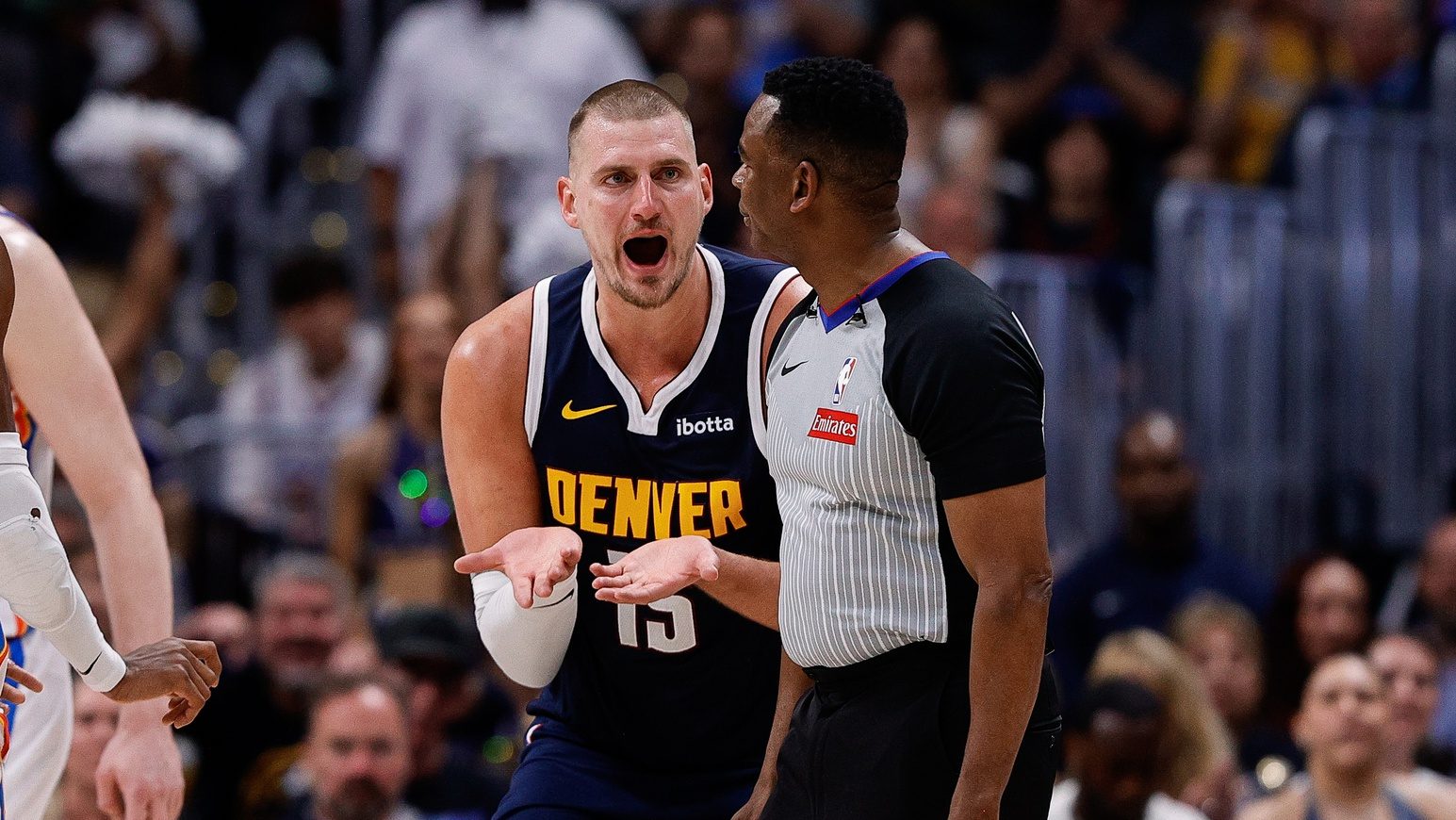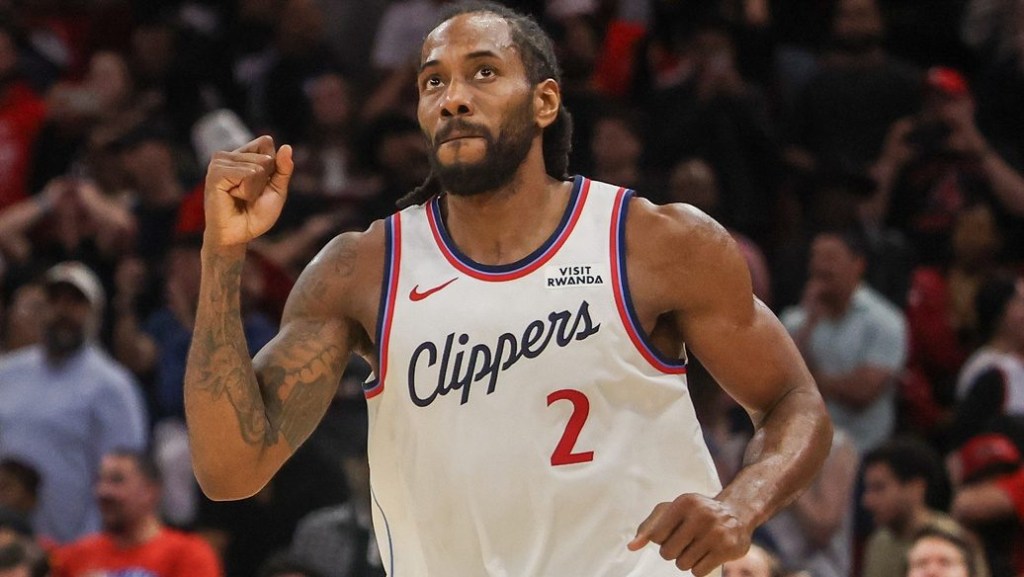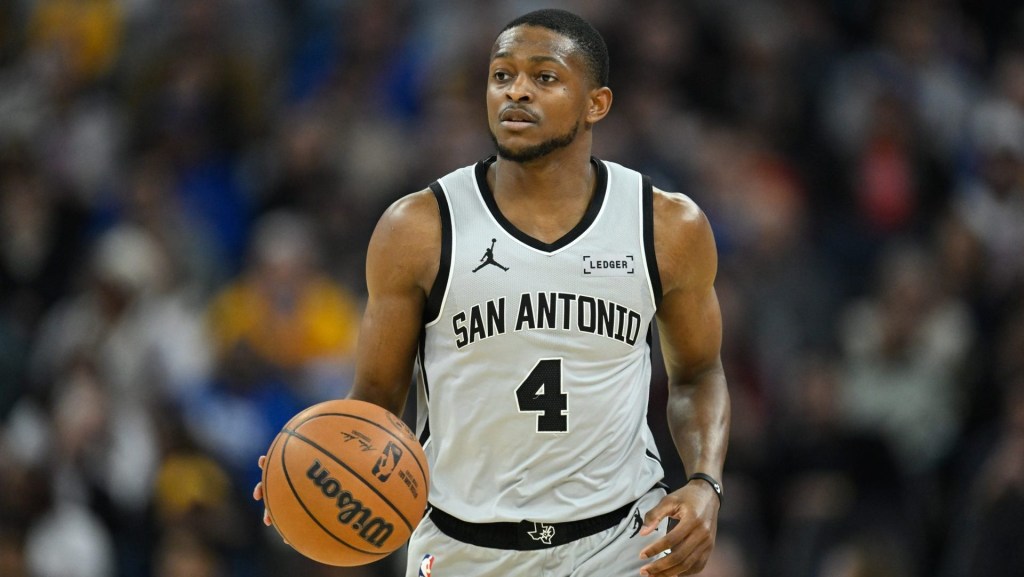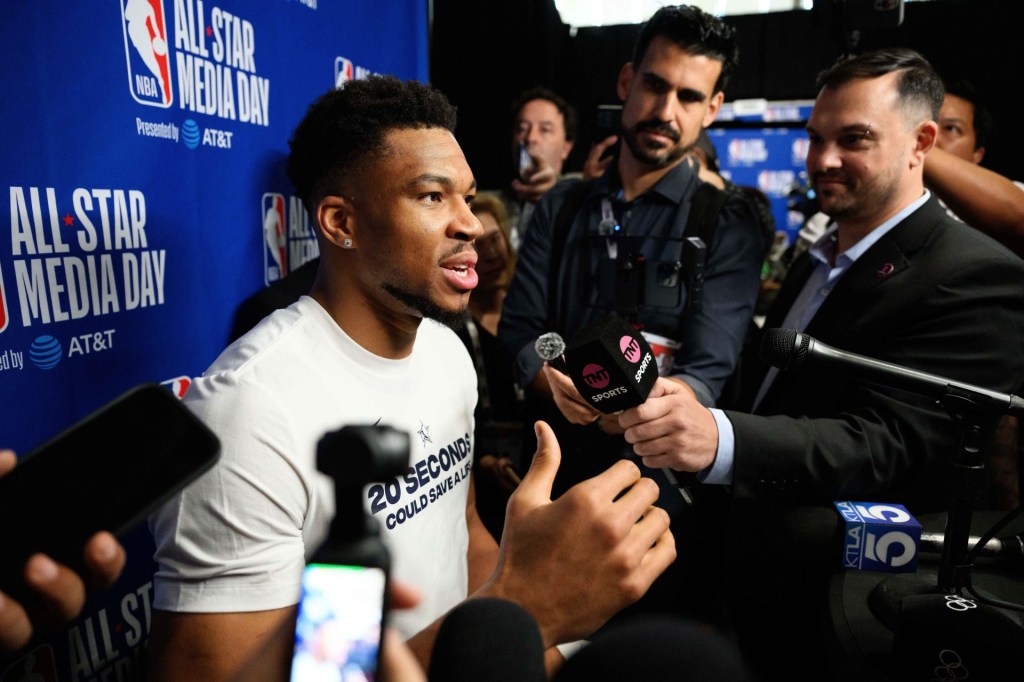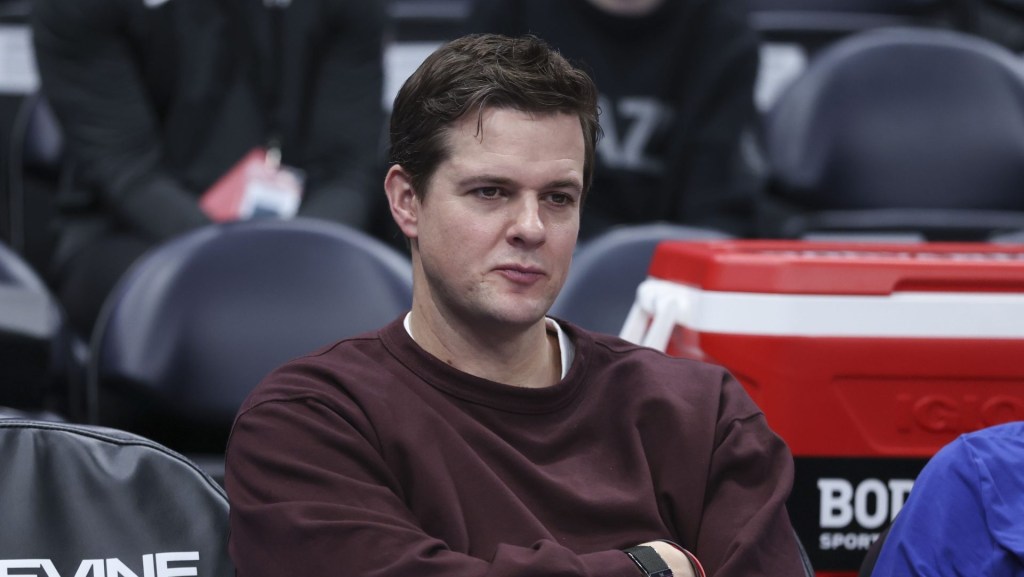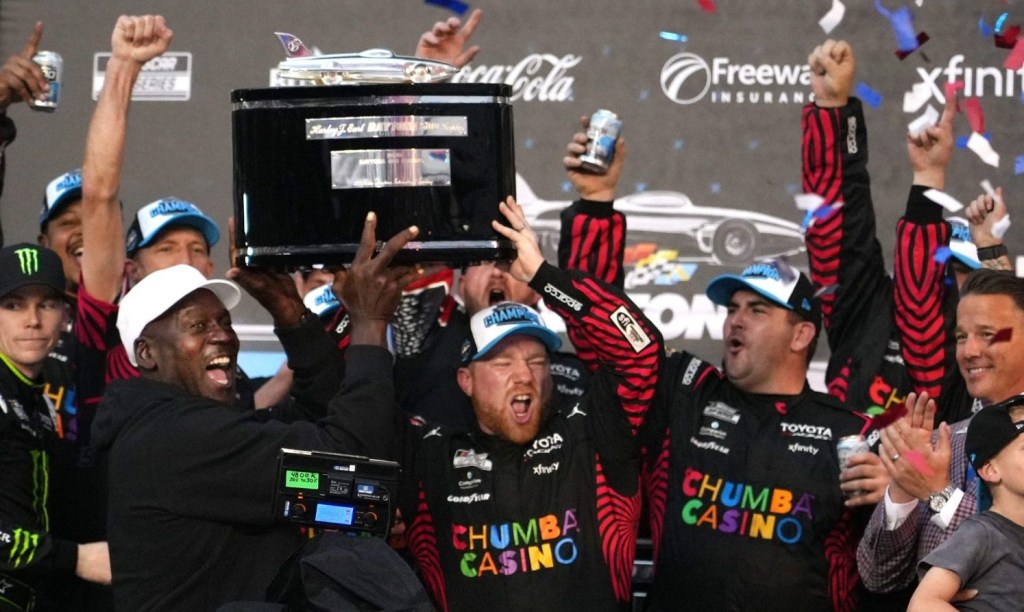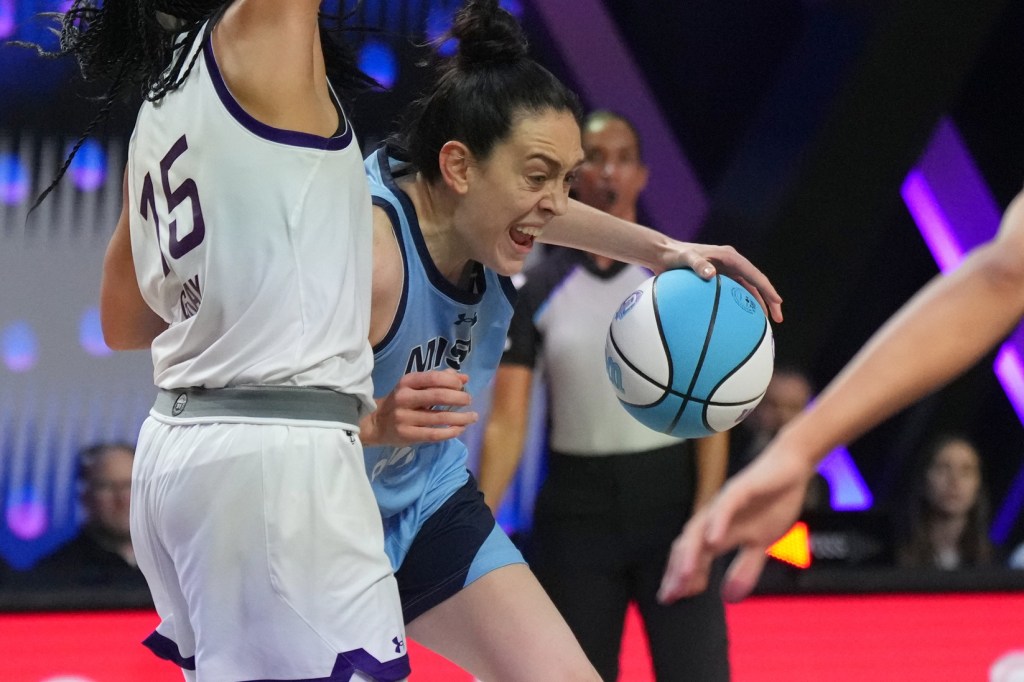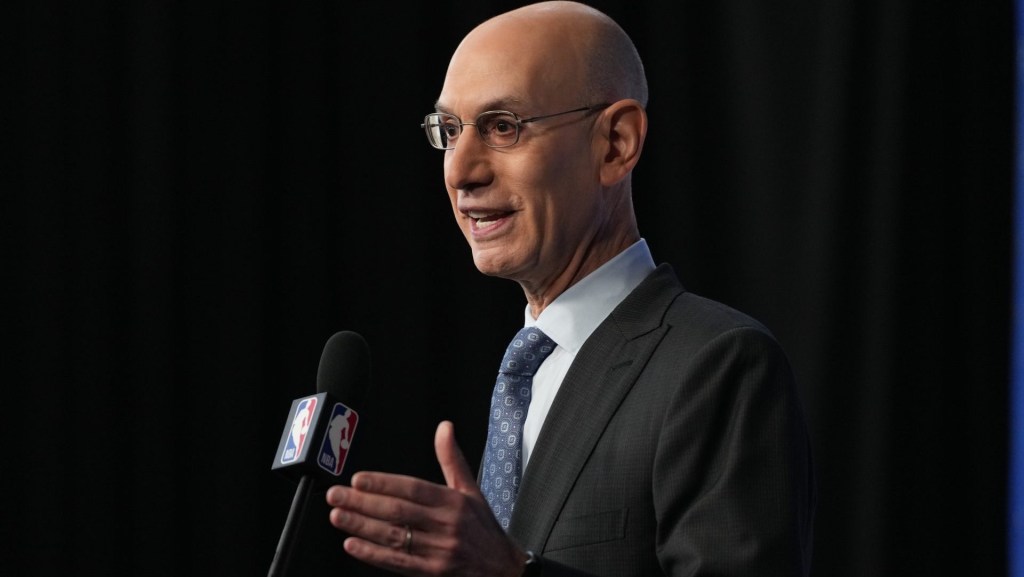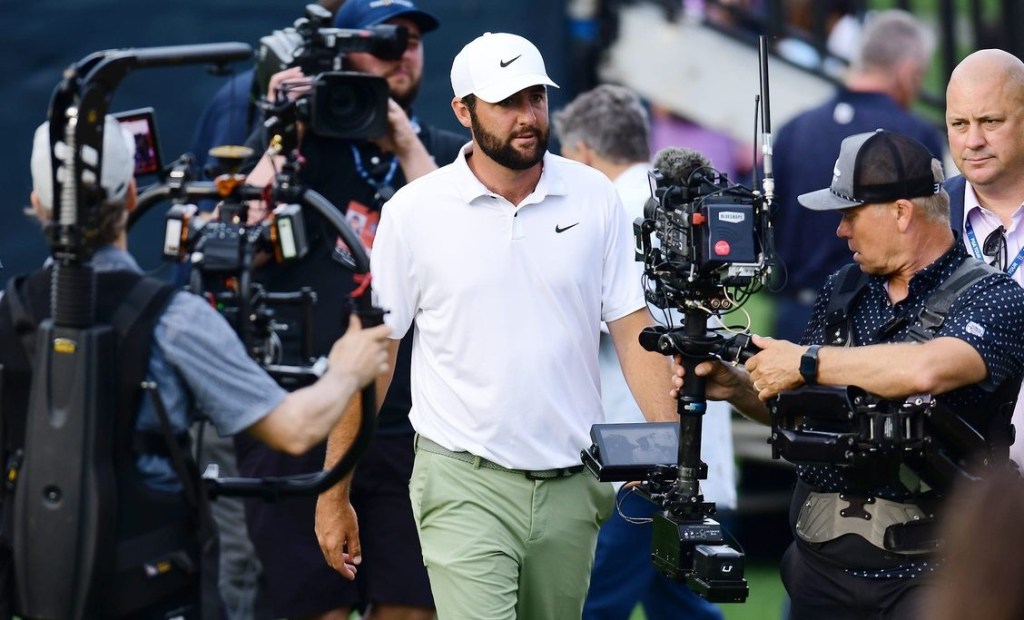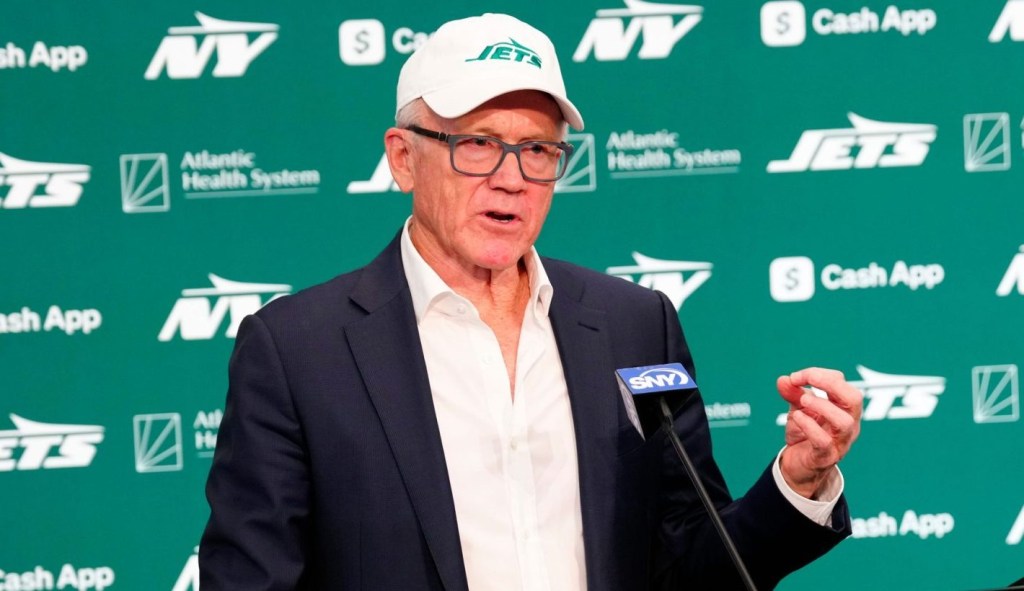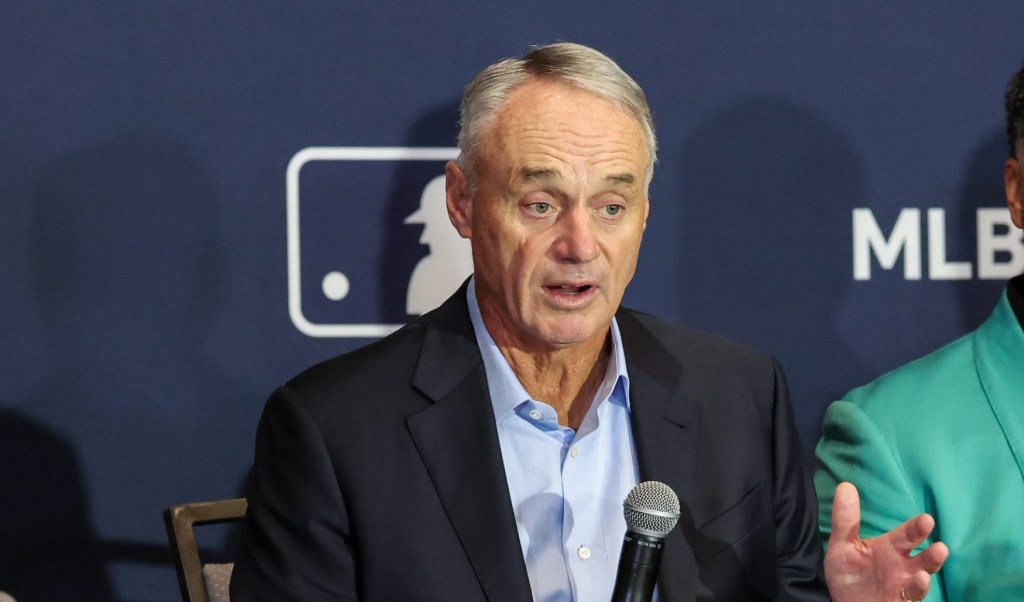No non-playing role in the NBA undergoes more scrutiny and faces more constant criticism than that of the NBA’s officiating crews. But the pathway for how to become an NBA referee is a selective and intense process that only the best of the best survive.
The pressure only heightens once you’re in the NBA officiating ranks itself, especially with the league showing signs of reversing its multi-year ratings decline and drawing more eyeballs. The future of NBA refereeing could only get murkier in the years ahead with the league looking at automated officiating tools and the proliferation of legalized sports betting stoking fears of another Tim Donaghy scandal.
But officiating in the NBA remains a lucrative and competitive career for those adept enough to do so at the highest level. Let’s take a look at the pathway, skills, responsibilities, salary expectations, and job outlook that comes with being a referee in the NBA.
Pathway to Becoming an NBA Referee
According to NBAOfficials.com, referees join the professional basketball ranks through a three-stage series of camps. But the camps are invite-only—and even getting an invite to the initial stage, called Grass Roots Camps, can prove difficult. The process of not only securing a camp invite but progressing from there to the NBA almost always takes several years.
- Start hyper-local. Most NBA referees begin at the local level, usually in areas like youth or recreational basketball, according to the National Association of Sports Officials.
- Move to high school. The next step after that is to be certified through your state’s high school sports governing body, such as the California Interscholastic Federation. Requirements to work as a high school basketball referee vary by state but usually require obtaining a high school diploma, completing a background check, and passing an assessment of rules knowledge and officiating skills, according to Indeed. In addition to gaining experience by working games, the NASO recommends attending local refereeing camps and clinics designed to help officials improve their craft.
- Move to college. This is no small step. According to the NASO, virtually all officials need at least one year of high school officiating experience, and likely much more, before making the leap. When they do, they will have to rise through the collegiate ranks after starting out at the National Association of Intercollegiate Athletics or Division III of the NCAA before advancing to NCAA Division II and then to a smaller Division I conference before, if so desired, advancing to a major Division I conference.
- Network and attend regional camps. Getting your name out and getting seen by power brokers in the world of basketball refereeing is an essential part of advancing to the top levels of college basketball—and beyond. Going to camps not only helps foster connections with more seasoned referees, which can come in very handy through the rest of one’s career path, but also allows you to be scouted by those in charge of officiating among higher-tier collegiate conferences, as well as in the professional ranks.
- Get invited to a Grass Roots camp. Much like player scouts, the NBA also has refereeing scouts, who were usually longtime referees themselves. These scouts travel the country in search of top refereeing talent and help compile the list of candidates. Thousands of hopefuls from all over the country and various basketball levels are considered, though experience (and high-level experience) factor heavily into whittling that list down to 100 invitees, per NBAOfficials.com. You can also attend a national try-out for the camp to help boost your chances.
- Progress through the NBA evaluation camps. These camps happen annually in the spring and summer after the NBA regular season concludes. A small group of high finishers in the Grass Roots Camp advance to the Mid-Level Camp, and an even smaller group of high finishers in the Mid-Level Camp advance to the Elite Camp. Top participants in the Elite Camp are then hired to the NBA G-League for the following season.
- Get referred to the NBA. In addition to working games, G-League referees must undergo constant knowledge and skills testing and game observations. Eventually, referees with enough experience and acumen, usually compiled over the course of multiple years in the G-League, can ask to be referred for hire to the NBA (or WNBA).
Skills Needed
Here’s a list of key hard and soft skills an NBA referee needs.
- Physical fitness: Referees are tasked with running up and down the basketball court for sometimes up to an hour of game time and three hours of real-world time per game. They have to remain fit and well-conditioned in their own right to meet those physical demands.
- Conflict resolution: Referees must be able to keep their cool when players, coaches, and sometimes even thousands of fans in an arena are screaming their displeasure at a call. Additionally, referees must ensure the animosity between the two teams on the court does not get out of hand, and toe the line between firmly imposing order and causing any unnecessary tension.
- Stress management: Refereeing is a high-stress job. In addition to the fishbowl-like environment described above, referees must travel across the country and between time zones to officiate games in different NBA markets. Such a demanding job means they need to manage stress well.
- Self-evaluation: Much like NBA players, referees must constantly watch film of games both they have officiated in and ones others have to increase their knowledge base and skill level. Doing so requires an intense focus and attention to detail, especially given that what referees look for on film, such as a reach-in foul, is often limited to a split-second on a small part of the screen.
- Preparation: Referees must possess an intimate and instant-recall knowledge of the entire NBA rulebook, especially lesser-known rules that may not be invoked every game. But referees should always be prepared for anything that could happen on a basketball court.
- Clear-headedness: Referees must keep their wits about them at all times when officiating the games, pay extremely close attention to the play in front of them, and be assertive enough to make split-second decisions about whether a foul needs to be called on any given play.
- Confidence: Referees should not display arrogance, but they should be confident in their ability to make the correct call on every play and not openly waver when players, coaches, and fans inevitably complain about a foul they feel was unfair.
Responsibilities of NBA Refs
Here are some of the responsibilities expected of an NBA referee during the season:
- Travel by car or airplane to officiate games in different cities across the country.
- Work late nights and weekends in different time zones.
- Show up well before the game and be prepared to officiate by opening tipoff.
- Make split-second decisions to call fouls based on observed in-game violations or infractions by players.
- Determine the level of penalty for warranted infractions, such as a common foul, flagrant one foul, flagrant two foul, technical foul, and ejection.
- Determine whether a foul incurs two free throws, three free throws, or a side-out.
- Keep track of the amount of fouls a team has committed and enforce the automatic free throws penalty when a team has committed the requisite number of fouls in a quarter.
- Properly signal the correct number of the player who committed the foul after every call.
- Coordinate replay reviews with NBA officiating headquarters in New York when a team challenges a foul call and announce the ensuing decision via the in-arena microphone.
Salary Expectations
Virtually all NBA referees make six figures annually, though their salaries vary depending on factors like experience and high-profile assignments such as playoff and NBA Finals games.
The average entry-level salary for an NBA referee ranges between $150,000 and $250,000. Some of the most experienced referees, such as 30-year veteran Scott Foster, make more than $550,000 a year.
Read more: How Much Do NBA Referees Make?
Job Outlook for NBA Referees
There were only 74 active NBA officials for the 2024-25 season, many of whom have been officiating at the NBA level. Only a small handful of newcomers get added to those ranks every year, as there is very limited turnover.
Add in the league’s interest in automating at least some aspects of officiating games, and opportunities for aspiring referees may dwindle further in the coming years. However, it’s worth noting that NBA referees have their own union, the National Basketball Referees Association, that collectively bargains with the league on behalf of referees similar to how the National Basketball Players Association does on behalf of players.
Referees who reach the highest level of basketball officiating and remain dedicated to their craft and enjoy job security, a comfortable salary, strong union representation, and the ability to enforce the rules of basketball in the NBA.
Want more of the latest news surrounding the business of the NBA, along with every other major sports league? Be sure to sign up for our flagship newsletter, “The Memo” for more great content, special access, and insight.
